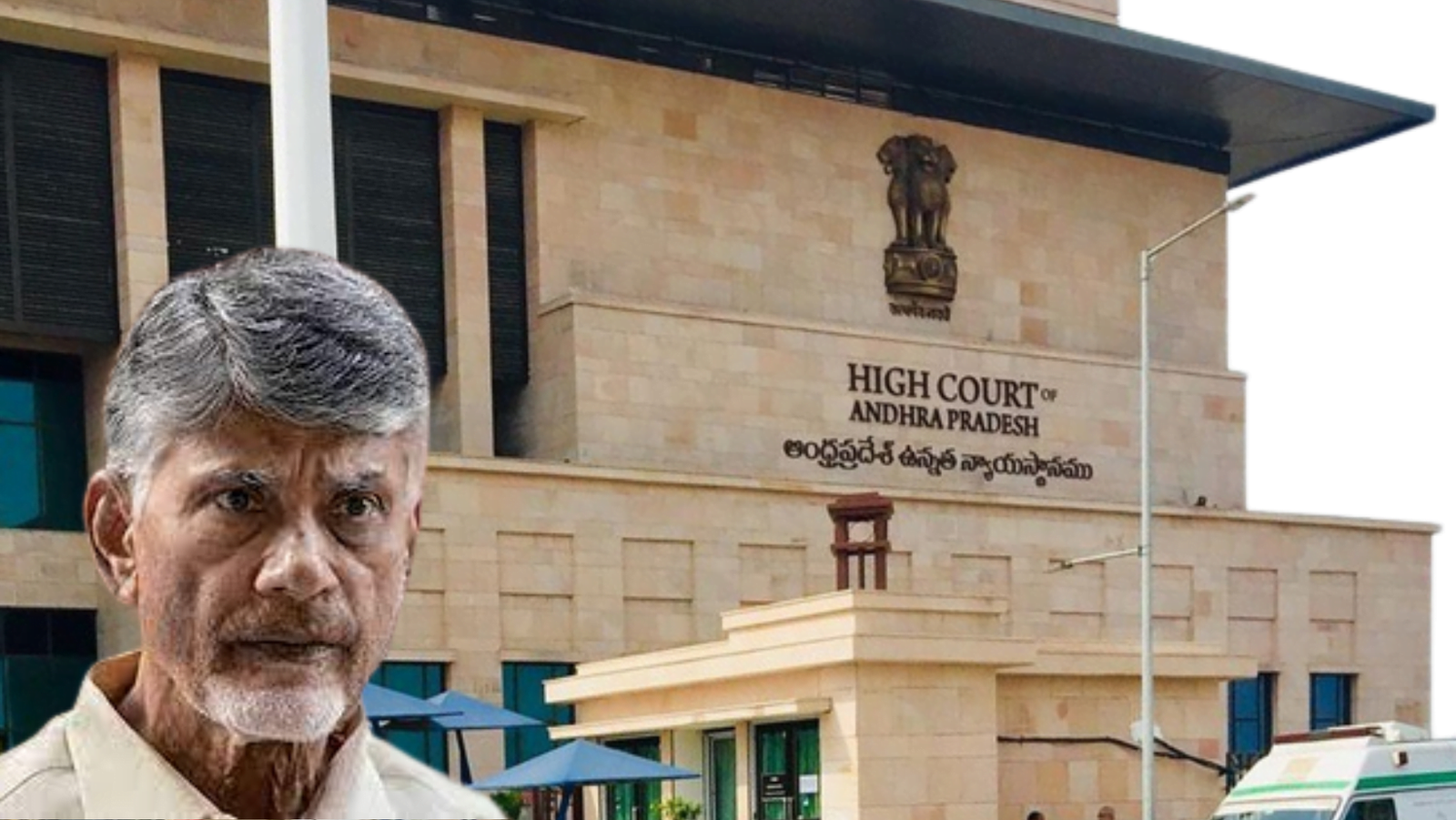The Supreme Court is scheduled to continue hearing the appeal of former Andhra Pradesh Chief Minister Chandrababu Naidu,
seeking the quashing of FIR in relation to a skill development scam case. Naidu’s lawyers have raised a prime point regarding the applicability of Section 17A of the Prevention of Corruption Act, which was inserted after the 2018 amendment. According to this section, an investigation under the PC Act against a public servant cannot be initiated without obtaining prior sanction from the competent authority. Naidu’s legal team argues that the FIR against him and his subsequent arrest is illegal since the Governor’s sanction was not obtained by the AP CID before adding the ex-chief minister as an accused.
However, the Andhra Pradesh High Court rejected this contention, stating that Section 17A was not applicable to this particular case, given that the alleged offences were committed before the 2018 amendment. Naidu challenges this reasoning of the High Court, arguing that the date of registration of the FIR determines the applicability of Section 17A. In this case, the FIR was registered in December 2021. In response, the state has taken the plea that the inquiry in relation to the offence initiated before the 2018 amendment. Naidu’s legal team disputes this factual claim made by the state.
During the hearing on the previous day, the bench questioned whether interpreting Section 17A in a manner that defeats the purpose of the Prevention of Corruption Act is acceptable. In response, Senior Advocate Harish Salve, appearing for Naidu, stated that Section 17A was intended as a safeguard to protect public servants from harassment perpetrated by the police after a change in the government.
In a recent case, the Supreme Court held that the exercise of discretionary powers by the High Court calling for the condonation of delay in the presentation of an appeal should, at times, be approached with a liberal and justice-oriented approach, allowing for some leeway to be given to the State. The bench, consisting of Justices Bela M. Trivedi and Dipankar Datta, emphasised that an appellate court should not ordinarily interfere with the discretion exercised by courts below. Justice Datta’s judgment significantly cited the Manjunath Anandappa v. Tammanasa case (2003 10 SCC 390), which in turn cited Gujarat Steel Tubes Ltd. v. Gujarat Steel Tubes Mazdoor Sabha ((1980) 2 SCC 593). In the later case, the Supreme Court ruled that “an appellate power interferes not when the appealed order is not right but only when it is clearly wrong.”
The current appeal was filed at the behest of certain landowners who challenged an order passed by a learned Single Judge of the Delhi High Court. The High Court allowed an application filed by the Union of India under Section 5 of the Limitation Act, 1963, condoning the delay of around 479 days in presenting a challenge against the Reference Court’s ruling as indicated in Section 18 of the Land Acquisition Act of 1894. Notably, the Reference Court, through its order, had enhanced compensation payable to the landowners.
The limited issue that the Court was tasked to decide was whether the High Court was justified in condoning the delay in presenting the appeal. Needless to say, the Court also adjudicated on whether the Union of India had shown sufficient cause for which the appeal could not be presented within the prescribed period of limitation.
In conclusion, the Supreme Court’s hearing regarding Naidu’s appeal to quash the FIR in the skill development scam case is centered on whether the FIR and arrest of the former chief minister were in violation of Section 17A of the Prevention of Corruption Act. In addition, the Court’s decision in the recent discretionary appeal case highlights the importance of using a liberal and justice-oriented approach in the condonation of delay in the presentation of an appeal. It also emphasises the need for appellate courts to only interfere when the order being appealed is clearly wrong, rather than just being not right.
Supreme Court Rejects Maharashtra’s Maratha Quota Plea









Leave a Reply